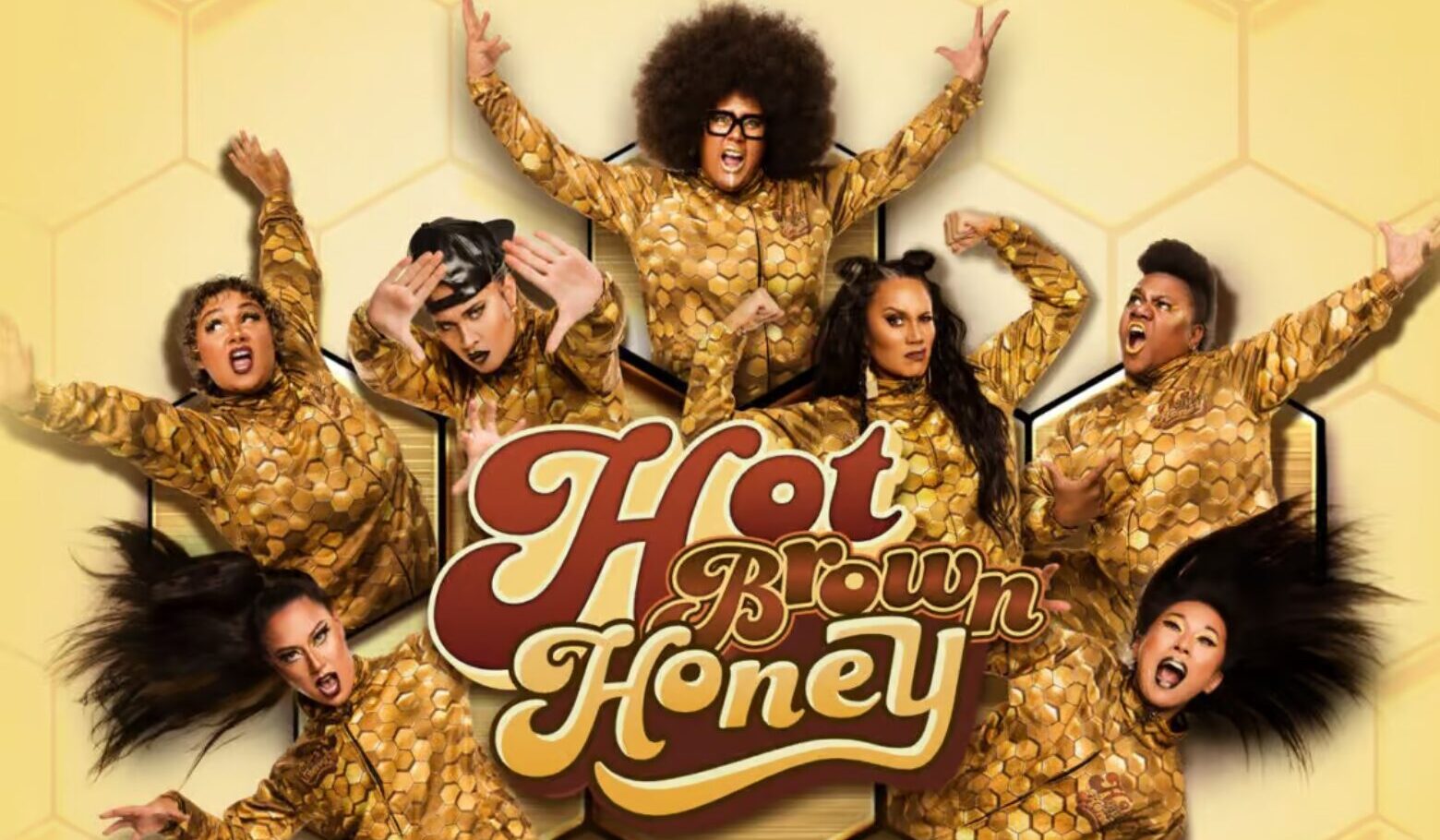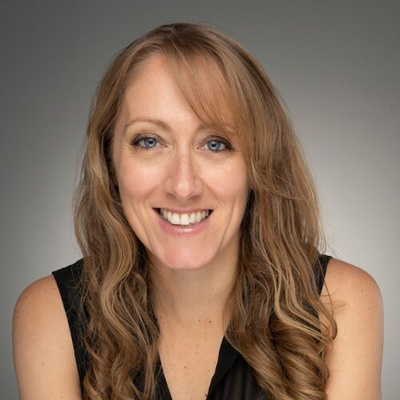In this preview, join Anna Robb and Kim “Busty Beatz” Bowers as they dive into the power of music, representation, and radical joy. From early days in the punk scene to global stages with Hot Brown Honey, they explore how performance can challenge systems, celebrate identity, and build community. Enjoy this sneak peek into their conversation—and don’t forget to tune in next week for the full-length episode!
How have you sustained a 25-year career in music and theatre in Australia’s small industry?It’s never really felt like a choice—I’ve had this deep, constant need to make and share work. Australia’s industry is small, yes, and that can make things both harder and easier. Everyone knows everyone, which means collaboration and community become crucial. In the independent scene, we lean on each other and build together. I’ve also stayed open—whether it’s composing, sound design, theatre, or performing—I adapt and embrace new forms. That flexibility has allowed me to keep growing and working across many disciplines.
Tell us about your early start in the music scene and signing a record deal at 16.My parents came to Australia as refugees from apartheid South Africa, and my siblings and I found our outlet through the arts. Music became my main form of expression. At 16, my sister Tanya and I formed an all-girl band called Spdfggr—we were nerdy and science-obsessed before Riot Grrrl exploded. We toured constantly up and down the east coast, playing with legends like Bikini Kill and Frente. It was an intense and formative time—gritty, raw, and full of purpose.
How has your relationship with music evolved over the years?It’s changed massively. I started in punk and alternative bands, then branched into hip-hop, cabaret, and eventually sound design for theatre. Theatre brought a whole new dimension—both collaborative and deeply introspective. That journey eventually led to Hot Brown Honey, which was a pivotal moment. It allowed me to bring everything together: performance, activism, beats, and story. I’ve learned to follow the energy—sometimes that means composing in solitude, other times it means rapping on a hive-shaped platform at the Southbank Centre. It’s all valid.
What is Hot Brown Honey, and why has it resonated so powerfully around the world?Hot Brown Honey is a “theatrical explosion of colour, culture, and controversy.” It’s part protest, part party. Lisa Fa’alafi and I created it because we were tired of not seeing people like us on stage. So we built a platform where multidisciplinary women of colour could take centre stage—where rap, dance, circus, comedy, and politics could all live together.
We debuted internationally at the Edinburgh Fringe in 2016, and it blew up. We realized that while our stories were culturally specific, the themes—identity, resistance, joy, and decolonization—were universal. Audiences in Canada, the UK, and Aotearoa connected deeply. Representation matters. People saw themselves onstage—powerful, brown, and unapologetically bold. That kind of resonance sticks.
How does your heritage influence your work, and what dreams are you still pursuing?I’m of Xhosa heritage, originally from South Africa. My family fled during apartheid, so I grew up in Australia but always held on to a deep cultural connection. For years we couldn’t return, but music was our way back—it’s how I stayed linked to my roots.
That heritage shows up in my work more than ever now, especially in sound design for plays like Seven Methods of Killing Kylie Jenner, where I got to write Afrobeats and explore diasporic sounds.
As for what’s next? I’m writing a play—a fully original work where I can bring together my skills and experiences. I also want to create a Hot Brown Honey children’s show—something like The Lion King meets diaspora storytelling with puppetry and spectacle. And one day, we want to bring together all the Honeys from around the world—200 of us—for an arena-sized spectacular. We dream big. And we’re ticking things off one by one.

